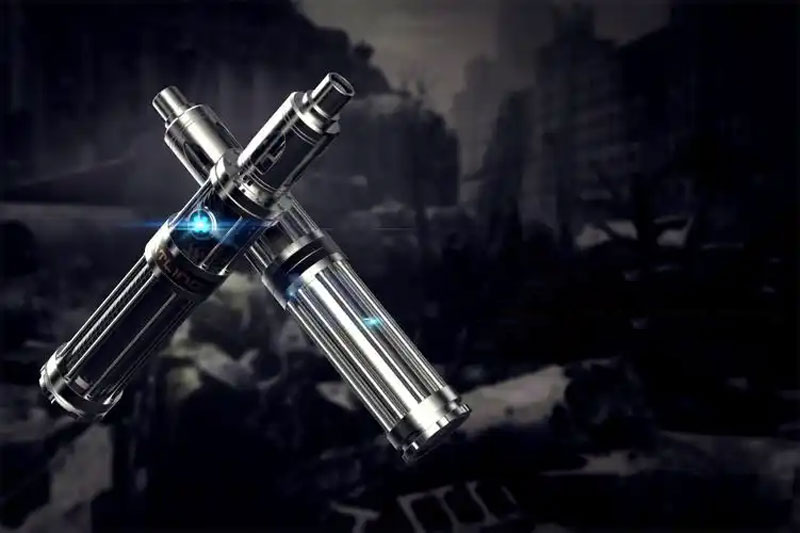E-cigarette Import Regulations in the Dominican Republic: A Comprehensive Guide
The Dominican Republic has emerged as a focal point for discussions surrounding e-cigarette import rules due to its distinct regulatory framework. As e-cigarettes continue to gain popularity globally, understanding the Dominican Republic’s import rules is crucial for manufacturers and distributors aiming to expand their market presence in this Caribbean nation.
At the heart of these regulations lies the balance between health concerns and economic opportunities. The government seeks to regulate e-cigarette imports to ensure public safety while allowing responsible business growth. This meticulous approach has cultivated a multi-layered set of rules that potential importers must navigate.
and economic opportunities. The government seeks to regulate e-cigarette imports to ensure public safety while allowing responsible business growth. This meticulous approach has cultivated a multi-layered set of rules that potential importers must navigate.
The Regulatory Environment
In the Dominican Republic, importers of e-cigarettes must adhere to several regulatory guidelines to comply with local legislation. These include obtaining specific licenses, meeting packaging standards, and ensuring product quality aligns with health and safety standards. Manufacturers must often engage in a detailed review process that evaluates product constituents, potential health impacts, and environmental considerations.
Moreover, understanding the nuances of tariff classifications and customs duties is essential. These financial aspects directly impact the cost-effectiveness of importing e-cigarettes and the pricing strategies adopted by businesses in the Dominican Republic.
Licensing and Compliance

Key components of the regulatory framework revolve around licensing. Importers need to secure relevant permits from the Ministry of Health before bringing e-cigarettes into the country. This process is stringent and aims to ensure that all imported products meet the governmental standards set to protect consumers.
into the country. This process is stringent and aims to ensure that all imported products meet the governmental standards set to protect consumers.
Packaging regulations also play a pivotal role in compliance. The Dominican Republic mandates specific labeling requirements that must clearly articulate the risks associated with nicotine consumption. This transparency ensures that consumers are well-informed about the product’s potential health risks.
Challenges and Opportunities
Importers face several challenges as they navigate these intricate regulations. Bureaucratic hurdles and evolving legislation can complicate business operations. However, these challenges are coupled with lucrative opportunities in a market with growing demand for alternative smoking options.
Businesses willing to adapt and invest in understanding these regulations may find a rewarding market in the Dominican Republic. This adaptation includes fostering local partnerships and engaging actively with government bodies to streamline processes.
Market Insights
The Dominican Republic’s consumer base is slowly transitioning towards e-cigarettes, driven by changing tobacco consumption patterns and increased awareness of health impacts. As the market evolves, staying updated with regulatory changes becomes paramount for any business hoping to capitalize on this trend.
Monitoring trends and consumer preferences allows businesses to align their products with market demands effectively. Successful importers are those who can blend regulatory compliance with cultural understanding and consumer needs.
FAQ
What are the primary licensing requirements for e-cigarette imports?
Importers must obtain permits from the Ministry of Health, ensuring all products comply with health regulations and standards.
How do tariff classifications affect e-cigarette import costs?
Tariff classifications determine the customs duties payable, affecting overall pricing strategies and market competitiveness.
Are there packaging standards specific to e-cigarettes?
Yes, there are specific packaging and labeling standards designed to inform consumers of potential health risks associated with nicotine consumption.
